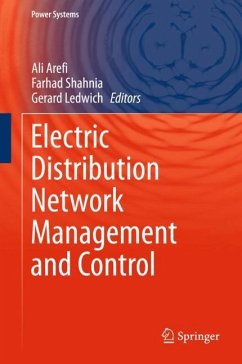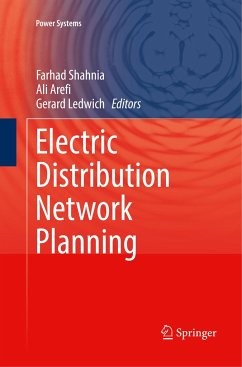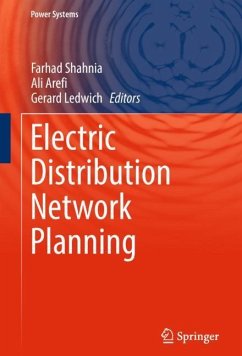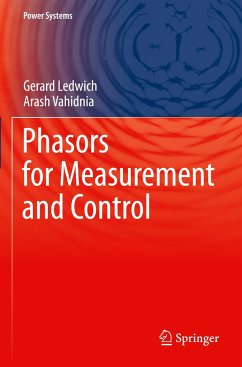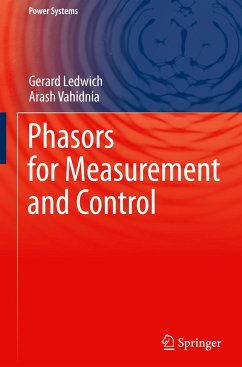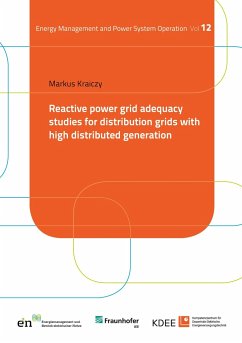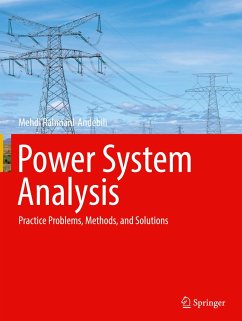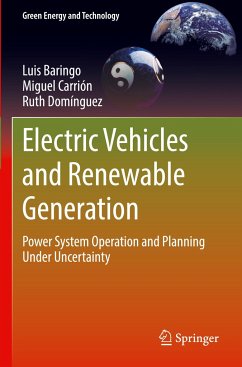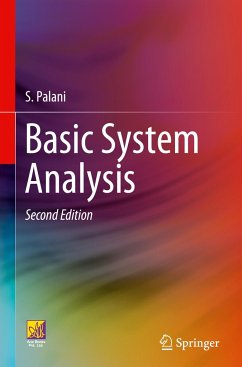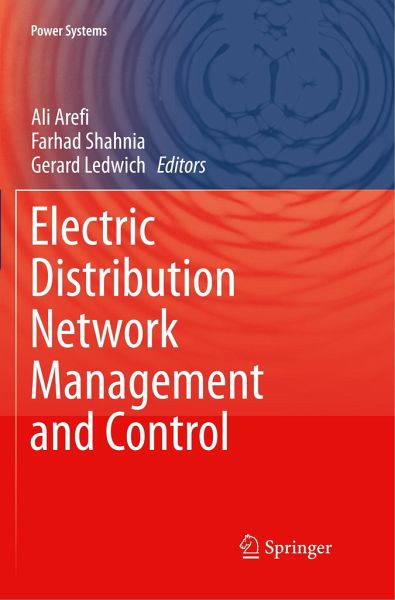
Electric Distribution Network Management and Control
Versandkostenfrei!
Versandfertig in 6-10 Tagen
76,99 €
inkl. MwSt.

PAYBACK Punkte
38 °P sammeln!
This book highlights the recent research advances in the area of operation, management and control of electricity distribution networks. It addresses various aspects of distribution network management, including operation, customer engagement and technology accommodation. Electricity distribution networks are an important part of the power delivery system, and the smart control and management of distribution networks is vital in order to satisfy technical, economic, and customer requirements. A new management philosophy, techniques, and methods are essential to handle uncertainties, security, ...
This book highlights the recent research advances in the area of operation, management and control of electricity distribution networks. It addresses various aspects of distribution network management, including operation, customer engagement and technology accommodation. Electricity distribution networks are an important part of the power delivery system, and the smart control and management of distribution networks is vital in order to satisfy technical, economic, and customer requirements. A new management philosophy, techniques, and methods are essential to handle uncertainties, security, and stability associated with the integration of renewable-based distributed generation units, demand forecast and customer needs. This book discusses these topics in the context of managing the capacity of distribution networks while addressing the future needs of electricity systems. Furthermore, the efficient and economic operation of distribution networks is an essential part of management ofsystem for effective use of resources, and as such the also addresses operation and control approaches and techniques suitable for future distribution networks.





